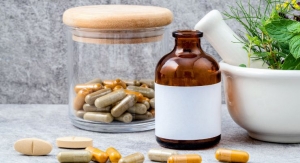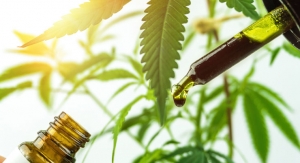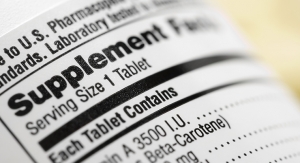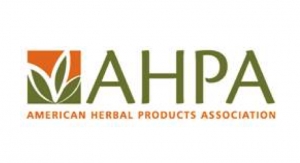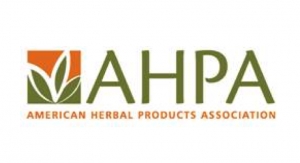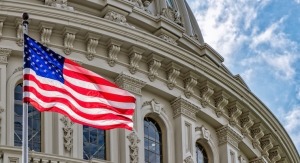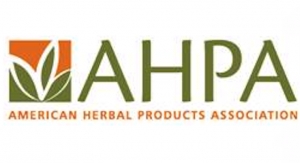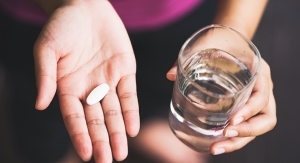11.01.16
American Herbal Products Association (AHPA) President Michael McGuffin presented an overview of U.S. regulations for botanical raw materials at the 2016 Korea-China Joint International Phytonutrient Symposium organized jointly by the Korean Society of Food Science and Technology (KoSFoST) and the Chinese Nutrition Society and held on Oct. 27 in Seoul, Korea.
This year's symposium focused on sustainable cultivation of botanicals, technological advances to prevent adulteration and recent developments of phytonutrients applications in the food, pharmaceutical and medical sectors.
"The potential benefits of phytonutrients in health promotion and disease prevention have been increasingly recognized," said KoSFoST President Seung-Taik Lim. "In recent years, phytotherapy has emerged as a new healing system and it is quickly and widely being spread in clinical service worldwide."
Mr. McGuffin's presentation focused on formal regulatory and voluntary standards for best practice, from seed to shelf, with special focus on AHPA's soon to be released Good Agricultural and Collection Practices and Good Manufacturing Practices for Herbal Botanical Materials.
"The U.S. herbal industry has a long history of self and government regulation," Mr. McGuffin said. "Today, this tradition continues as the industry develops and promotes best practices and works with federal agencies to implement regulations that address existing and emerging trends."
This year's symposium focused on sustainable cultivation of botanicals, technological advances to prevent adulteration and recent developments of phytonutrients applications in the food, pharmaceutical and medical sectors.
"The potential benefits of phytonutrients in health promotion and disease prevention have been increasingly recognized," said KoSFoST President Seung-Taik Lim. "In recent years, phytotherapy has emerged as a new healing system and it is quickly and widely being spread in clinical service worldwide."
Mr. McGuffin's presentation focused on formal regulatory and voluntary standards for best practice, from seed to shelf, with special focus on AHPA's soon to be released Good Agricultural and Collection Practices and Good Manufacturing Practices for Herbal Botanical Materials.
"The U.S. herbal industry has a long history of self and government regulation," Mr. McGuffin said. "Today, this tradition continues as the industry develops and promotes best practices and works with federal agencies to implement regulations that address existing and emerging trends."

